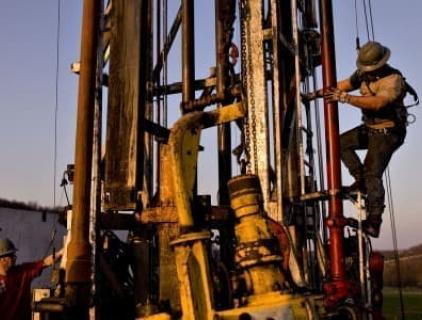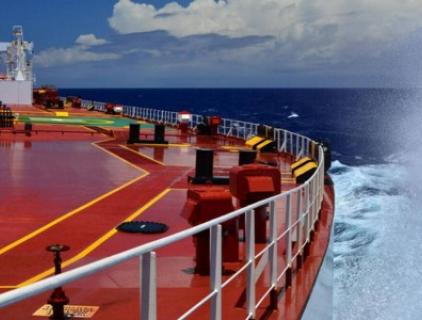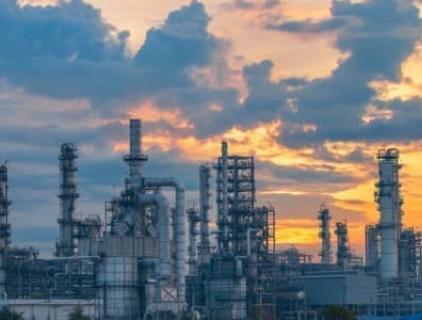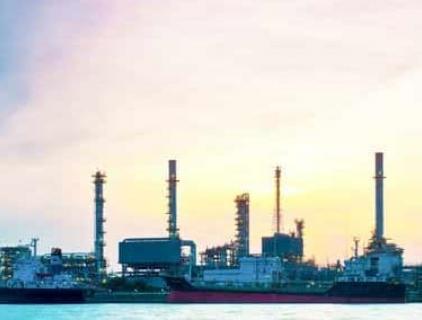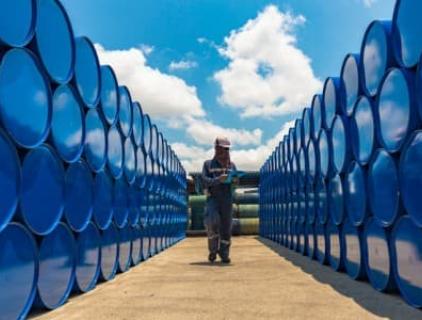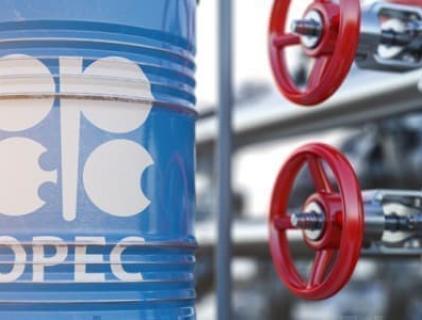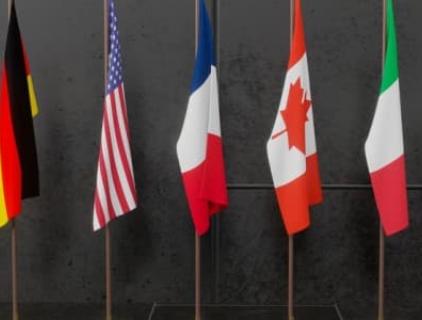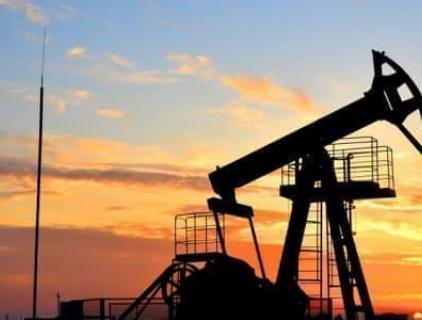Russia Has Oil Reserves At Least Until 2080
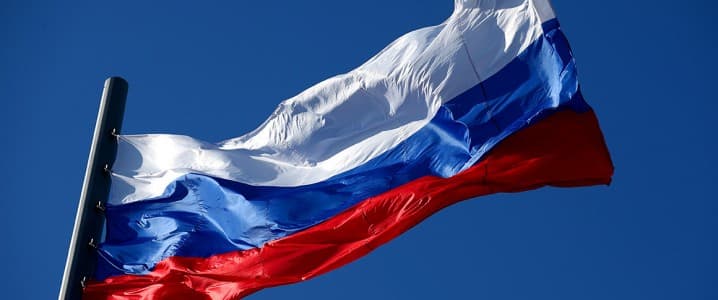
Russia’s oil reserves will last until 2080 at the current pace of annual production, Natural Resources Minister Alexander Kozlov told Russian outlet RBC in an interview this week.
Russia also has natural gas reserves for another 103 years of annual production at current output levels, the minister said.
Russia’s actual oil and gas reserves could even rise if it steps up exploration in hard-to-drill areas, the minister added, noting that Russia needs to develop exploration, including in hard-to-reach areas.
Last month, Evgeny Kiselev, the head of the Russian Federal Agency for Mineral Resources, told state outlet Rossiyskaya Gazeta that Russia has 58 years worth of oil reserves, of which 19 years to profitably pump those reserves at current levels with current technology. Advances in technology, however, will constantly push back the deadline.
Asked how long Russia would have oil reserves, Kiselev said “indefinitely.”
Oil and gas export revenues are key to Russia’s budget income. Oil price collapses like last year’s lead to belt-tightening policies despite Moscow’s insistence that it can live with $30 oil.
Russia’s production fell last year and is set for slight growth this year and next, according to government data and estimates.
After setting a post-Soviet high in oil and condensate production in 2019, Russia saw its output drop by 8.6 percent in 2020 due to the lower global demand and low oil prices, as well as the OPEC+ production cuts. Russia’s crude oil and condensate production fell in 2020 for the first time since the 2008 financial crisis and then slump in oil prices, according to government statistics.
Last month, Russia cut its estimates for domestic crude oil, gas, and coal production for 2021 and 2022, but kept the estimates for the oil production for 2023 and 2024 unchanged. As per the latest forecasts from the Russian government, oil production this year is set to stand at 517 million tons, down from a previous estimate of 560 million tons. The projection for Russia’s oil output in 2022 was also reduced, to 548 million tons, down from earlier estimates of production of 558 million tons.






